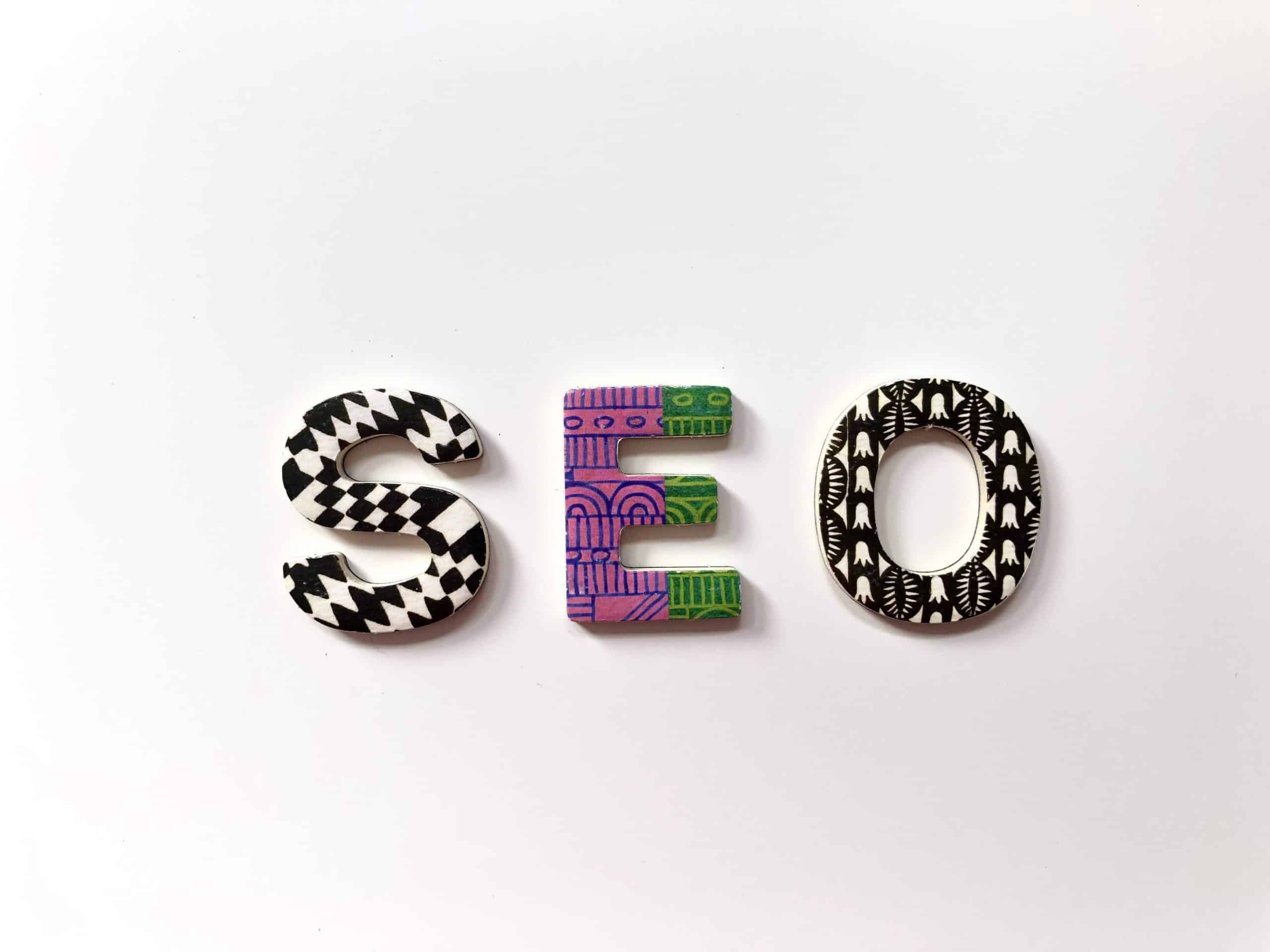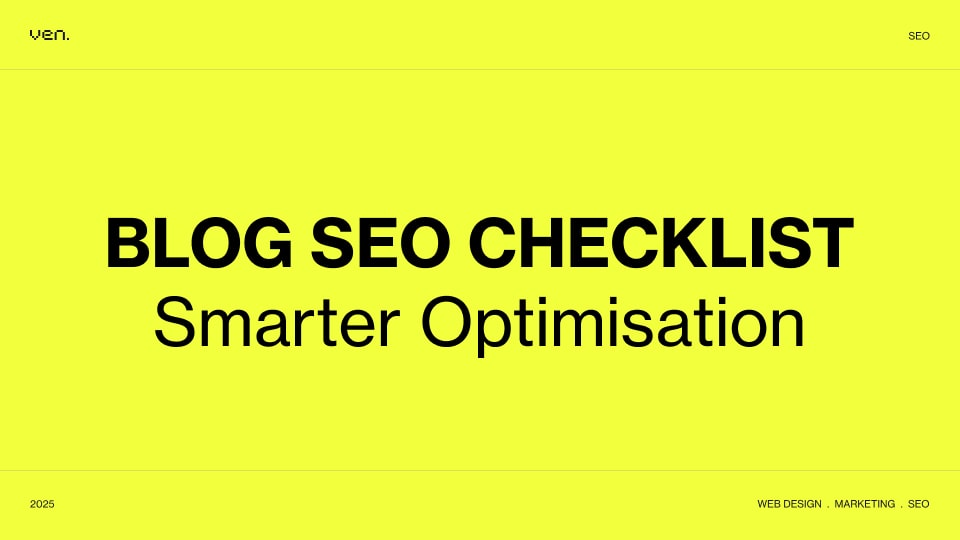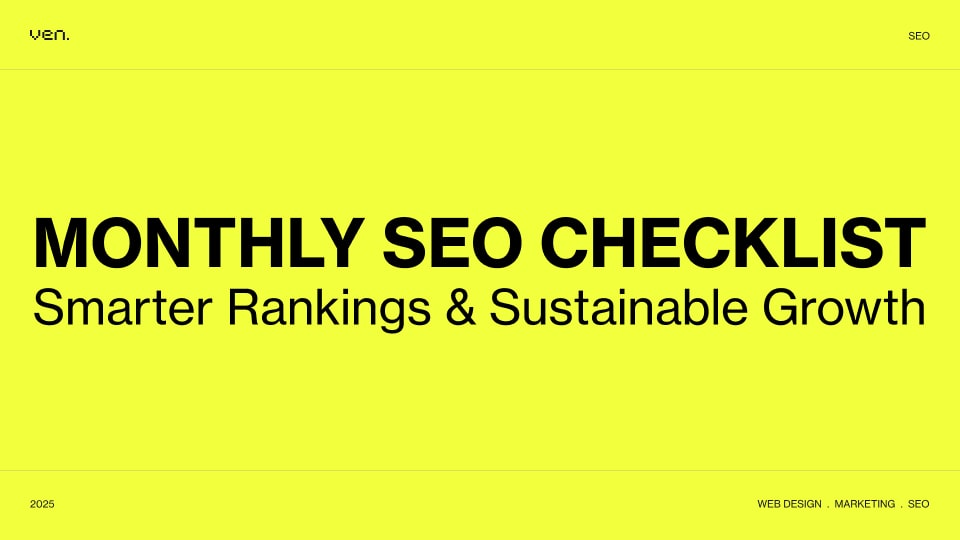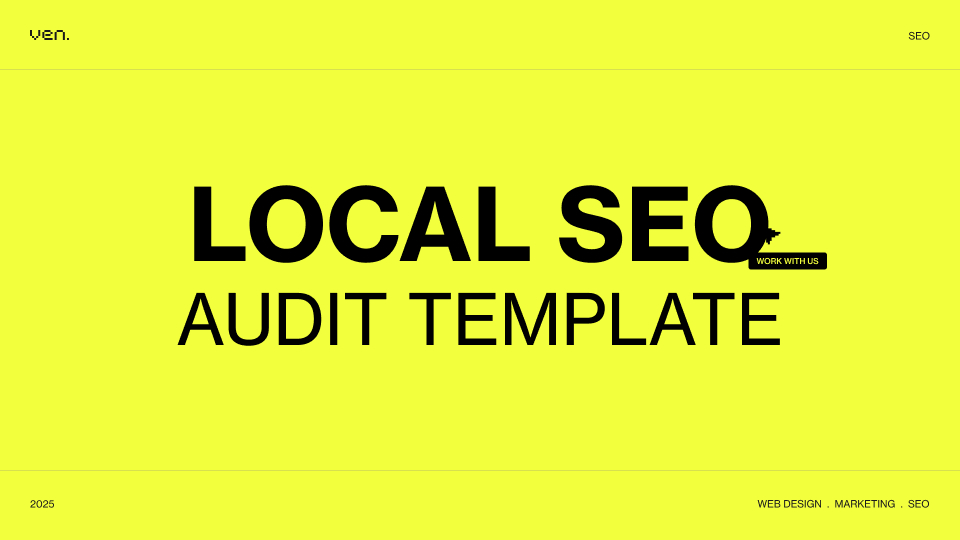The term itself – ‘bounce rate’ – is something of a pun in that it refers to visitors ‘bouncing’ out of your site before they’ve had a chance to properly engage or interact with it.
The relationship between your bounce rate and SEO is an interesting one because search engines like Google don’t actually use it as a metric in determining page rankings – and yet, it affects your rankings nonetheless.

Bounce rate explained
The bounce rate refers to the percentage of visitors who navigate away from your site after viewing only one page. This means that upon landing on the initial page (whichever one the link led them to), they clicked out of your site before exploring any other pages.
On average, bounce rates can be as high as 60%. If your bounce rate is upwards of 70%, it’s best to review your landing pages to see if there are any underlying or obvious issues that might be turning potential customers away.
Reasons why your website may have a high bounce rate:
- Slow page speed will have users clicking out of your site before the page has eVen had a chance to load.
- Confusing navigation makes for a messy and frustrating user experience that no one wants to stick around for.
- Poor quality content will leave visitors feeling uninspired and in search of information elsewhere.
- Uninteresting Calls to Action (CTAs) may entice visitors to act, but it will be the act of leaving your site – and not hanging around to explore it.
How does the bounce rate impact SEO?
Search engines like Google aren’t particularly concerned with your website’s bounce rate.
What they really care about is how many visitors are coming to your site and making purchases, booking appointments or interacting with it in some meaningful way. In other words, they’re interested in user engagement on your site.
If your bounce rate is low, it means that visitors who come to your site are sticking around to explore it further. This is what search engines take note of, and it’s why you should care about how high or low your bounce rate is.
As a general rule of thumb, having a low bounce rate indicates one of two things in most cases: that your site visitors did not find what they were looking for, or that your website is difficult to navigate.
Either way, a low bounce rate will not only hurt your SEO rankings but your conversion rate (whatever that may be for your business) as well.
Reduce your bounce rate and boost your SEO rankings
By identifying and updating any website pain points, you can work towards achieving a lower bounce rate, a higher ranking in search engine results pages and a better user experience for your site visitors.
Remember that your bounce rate is always subject to change. Keep an eye on it and create a content strategy and seamless user experience that will keep users engaged from the moment they click on your site.




